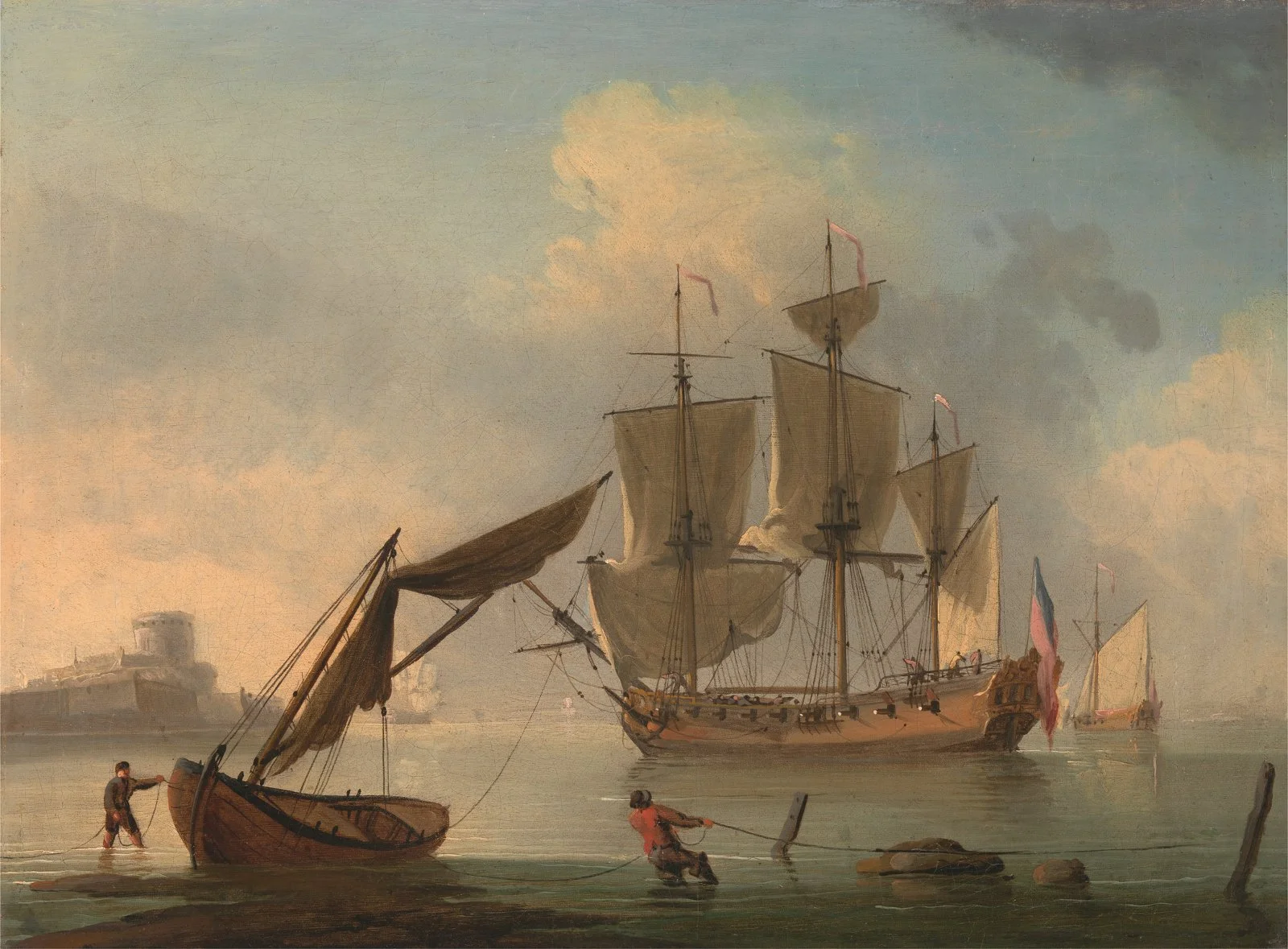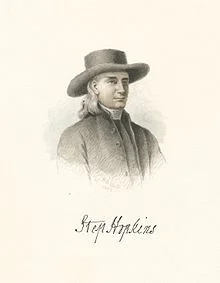Matthew Tilghman and the Freemen of Maryland
At the beginning of the American Revolution, someone from Maryland had to lead its people to independence. Matthew Tilghman stepped into that role.
The Revolution Begins
By 1774, Matthew Tilghman had been serving in the Maryland Assembly for over twenty years. As Speaker of the House, Tilghman was already a respected leader in his colony. When the American Revolution began, he joined the Patriot Cause.
When Massachusetts called for a Continental Congress, the Governor of Maryland disbanded the Assembly. The members of the Assembly decided to meet in Annapolis the following month anyway.
The men who met that June, known as the Annapolis Convention (not to be confused with the Annapolis Convention of 1786), would govern Maryland for the next two years.
The Annapolis Convention
The first decision made by this Convention was to elect a president. Their choice: Matthew Tilghman.
Tilghman would act as de facto governor of Maryland until independence was declared.
This first meeting, which lasted just four days, saw its members accomplish much. They organized the Convention’s procedures, sent supplies to Boston, and created a Committee of Correspondence.
Additionally, the Annapolis Convention decided to support any boycott decision made by the First Continental Congress. Lastly, they chose delegates to attend the Congress. The head of this delegation: Matthew Tilghman.
Declaring War
Tilghman signed the Articles of Association during the First Continental Congress. This established the boycott of British goods Maryland had prepared for.
When war broke out and George Washington was appointed Commander of the Continental Army, support was needed from all of the Colonies. Tilghman returned home to lead Maryland in this regard.
As president of the Annapolis Convention, Tilghman had the leading signature on the Declaration of the Association of the Freemen of Maryland. This documented outlined the reasons the people of that colony should support the Continental Army. In short, it was a declaration of war.
Declaring Independence
The following year, Tilghman returned to the Continental Congress.
He was present for the debate on separation from Britain. Tilghman supported and voted for the Declaration of Independence.
Surprisingly, Matthew Tilghman did not sign America’s Founding Document. He couldn’t wait around for that. Tilghman returned to Maryland immediately.
He had a State to establish.
For more on this topic check out one of these books from our affiliate Amazon:







